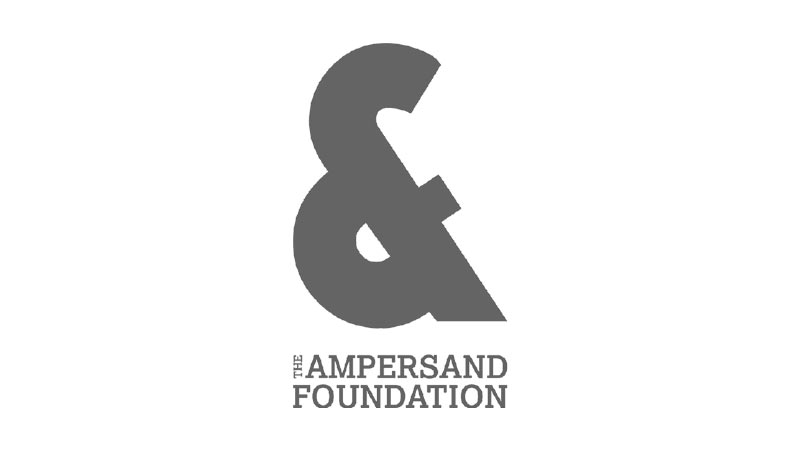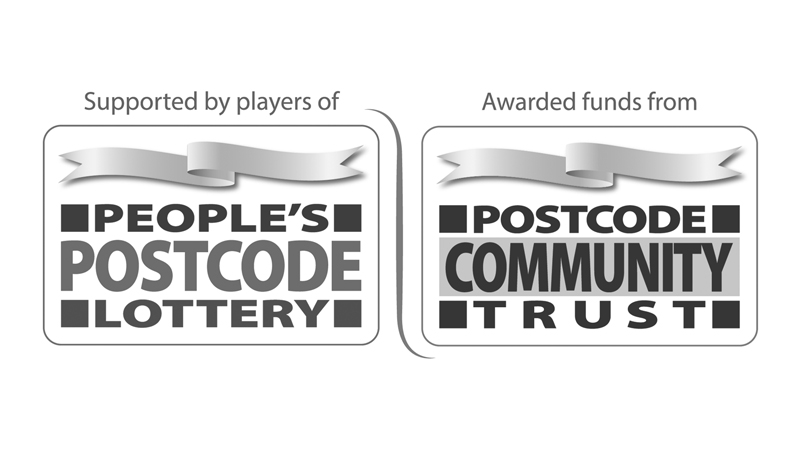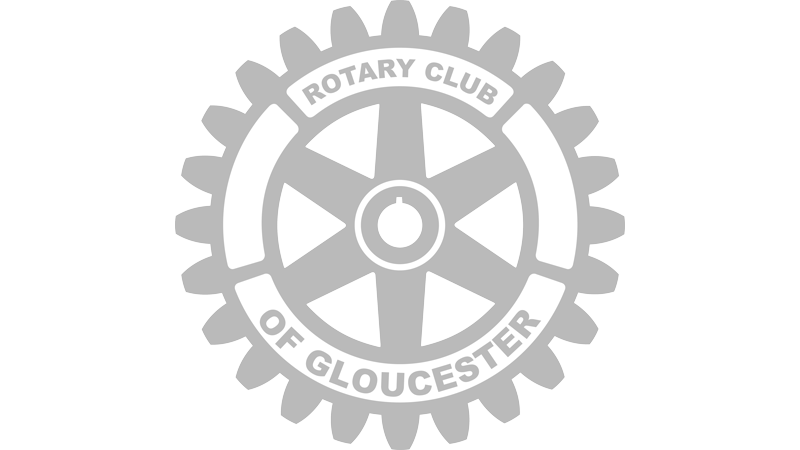“(Social) space is a (social) product. The space thus produced also serves as a tool of thought and of action in addition to being a means of production it is also a means of control, and hence of domination, of power.” Henri Lefebvre – The (social) Production of Space
In Blackpool the most popular skate spot was removed in 2011, making way for the largest piece of public art in Europe – The Comedy Carpet. Sited in front of Blackpool Tower, the 2,200 m² work of art contains over 160,000 granite letters embedded into concrete. The £2.6m Comedy Carpet was commissioned by Blackpool Council as part of the multi-million-pound regeneration of the seafront including vital sea-defence works.
The images were taken 4 hours before the opening of a public facing skate park in Stanley Park in Blackpool, a space created by the skateboard community.
I choose not to include the faces of the skateboard community as a resident of Blackpool and as part protest. We are photographed a lot to standardize what poor northern, working class communities look like.
I am instead interested in the space of the park before the anticipation of shared experience. A space for intergenerationsals, positive social capital for Blackpool. As a documentary photographer – I am interested in the space inbetween.
Skateboarding is a performative critical practice that challenges the form and mechanics of urban life, confronting the social, spatial, and temporal logic of capitalist space. Street skaters actively reappropriate and redefine government, business, and commercial space in the city, they critique ownership, refusing to consume architecture as pure image, using it as “a material ground for action.” (Borden, 2001, p. 239; Wheaton, 2013, p. 299)












